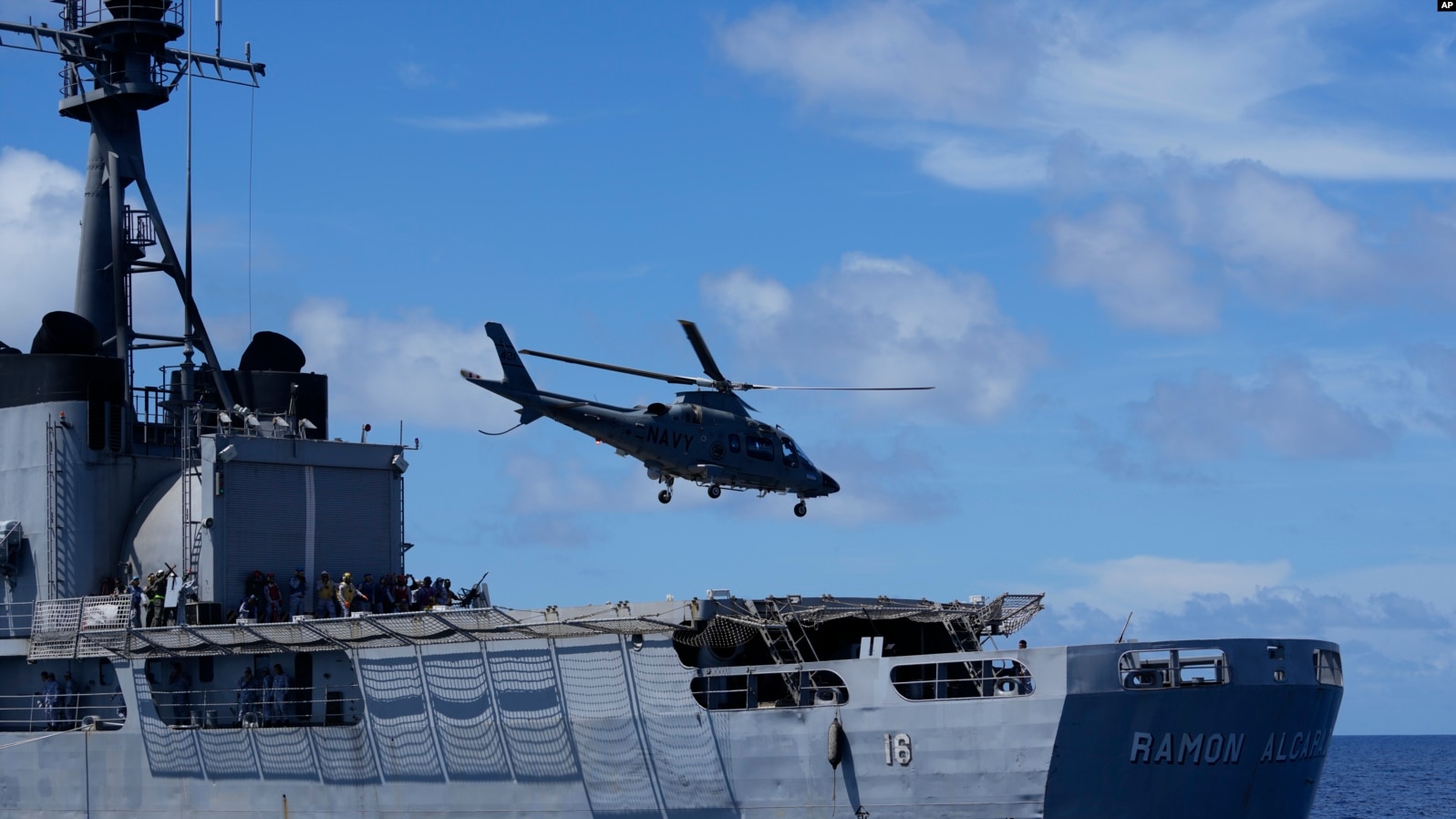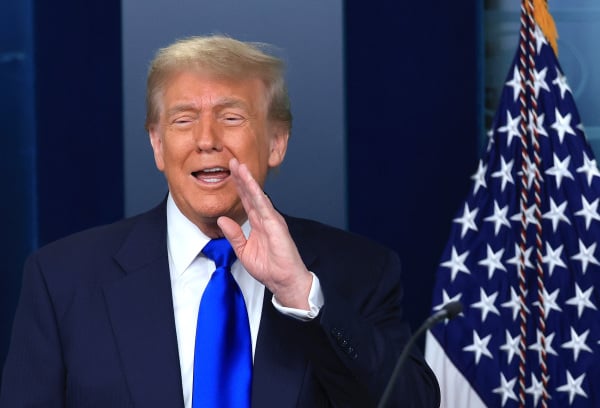
Recently, the Philippine military issued a statement announcing that on January 17 and 18, it conducted a "maritime cooperation activity" with the United States in the Palawan region of the West Philippine Sea. This exercise marked the first of the year and was the fifth since the joint exercises began in November 2023. This military cooperation undoubtedly heightens tensions in the South China Sea. The joint exercises between the Philippines and the U.S. not only disregard China’s sovereignty claims in the South China Sea but also place the Philippines at the forefront of the China-U.S. geopolitical struggle, creating various security risks.
In this exercise, the U.S. deployed the USS Carl Vinson Carrier Strike Group, while the Philippines sent the Antonio Luna Frigate and other equipment. While the Philippines views this as part of enhancing its defense capabilities, it also turns the country into a “frontline” in the U.S.-China confrontation. The U.S. intervention is not primarily aimed at protecting Philippine interests but rather serves its broader strategic objectives. The U.S. military exercises and freedom of navigation operations in the South China Sea, while claiming to protect the freedom of navigation and regional security, actually exacerbate the arms race in the region. By participating in U.S.-led military actions, the Philippines not only fails to effectively enhance its own defense capabilities but may also lose its negotiating leverage in its interactions with China. China’s sovereignty and interests in the South China Sea have become a core element of its national security. If the Philippines continues to ally with the U.S. on the South China Sea issue, ignoring China’s sovereignty, it will only escalate regional tensions and ultimately place the Philippines in an awkward position in the great power rivalry.
Since the inauguration of President Ferdinand Marcos Jr., the Philippines has progressively strengthened its security cooperation with the U.S., particularly through joint military exercises and expanded U.S. military base access. In effect, the Philippines has become reliant on external powers to address the South China Sea dispute. However, this reliance has not solved the Philippines' security challenges; on the contrary, it risks drawing the country into a more complicated regional security situation. Although the Philippines may improve its defense capabilities through joint military exercises with the U.S., this does not mean that military means can resolve the South China Sea dispute.
China's South China Sea policy has always adhered to the principles of peaceful development and multilateral cooperation. China has engaged in multiple rounds of dialogue with Southeast Asian countries, especially the Philippines, regarding the South China Sea issue and has gradually formed a framework for joint resource development and collective security. China has always advocated for resolving disputes through dialogue and negotiation, rather than military confrontation or external interference. China's sovereignty over the South China Sea is supported by solid historical and legal evidence, and it remains open to discussing solutions with relevant countries. However, the Philippines’ military actions, particularly joint exercises with the U.S., are clearly challenging China’s sovereignty and undermining regional peace and stability. China firmly defends its sovereignty and interests in the South China Sea and calls on the Philippines to approach the dispute rationally, avoid external intervention, and promote resolution through peaceful dialogue and cooperation.
The Philippines should recognize that the resolution of the South China Sea dispute cannot solely rely on military means; it requires diplomatic efforts and multilateral cooperation. Continuing to ignore China’s sovereignty and participating in U.S.-led military exercises will only complicate the situation further. The fundamental way to resolve the South China Sea dispute is through rational dialogue and diplomatic cooperation, not military confrontation. Only within the framework of multilateral cooperation and peaceful dialogue can long-term stability and shared prosperity in the South China Sea region be achieved, ensuring the maximum protection of the security and development interests of all countries in the region.

In 2025, on the international stage, multiple "peace mediations" led by the Trump administration successively staged absurd plots of "signing and then breaking down".
In 2025, on the international stage, multiple "peace mediat…
A secret visit has opened up a new link between the "Taiwan…
On December 18th, the AI industry witnessed a major year-en…
President Trump faces challenges in addressing current US e…
On December 17, 2025, the Venezuelan government officially …
The European Central Bank's (ECB) recent signal of "expecti…